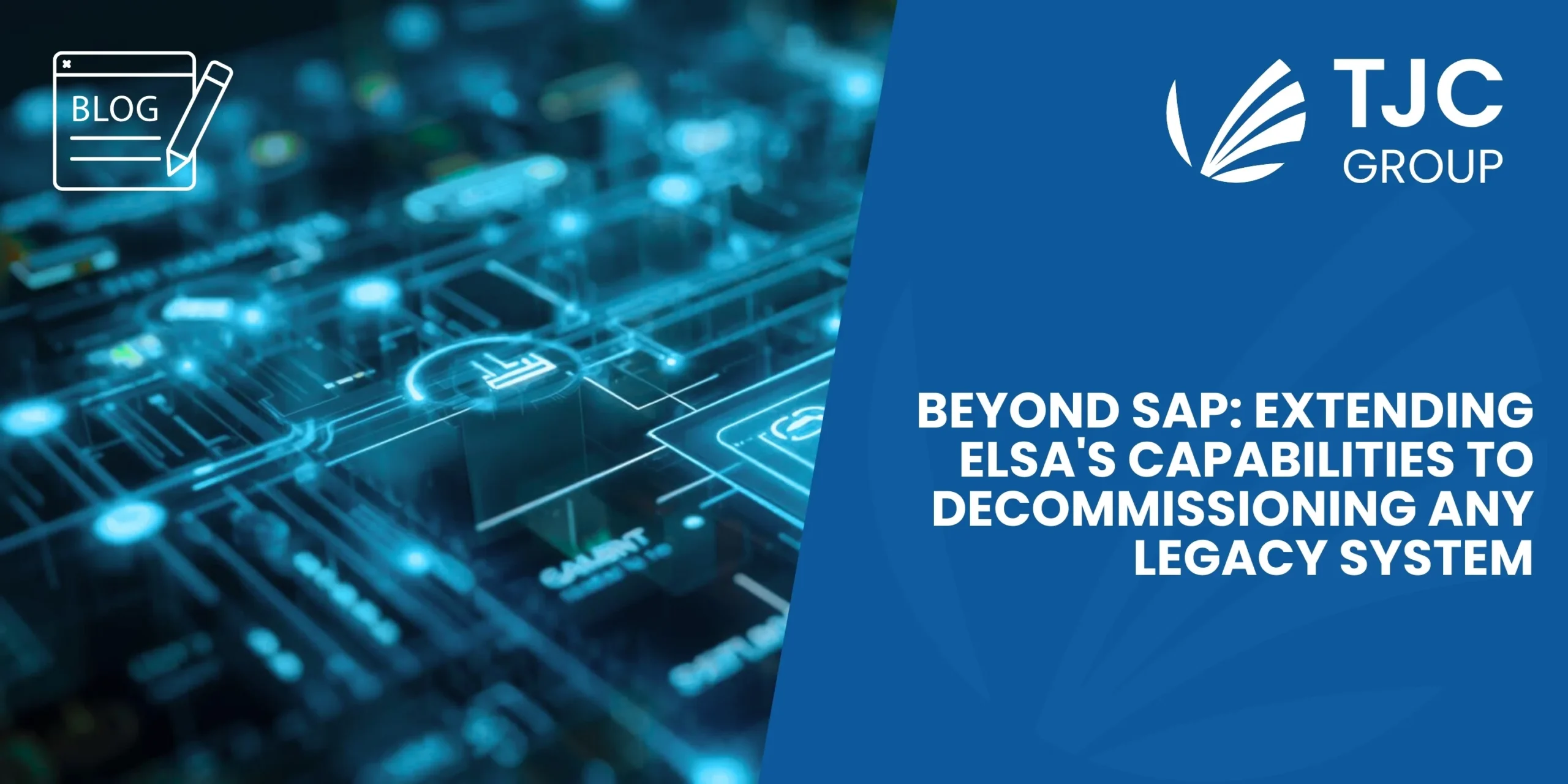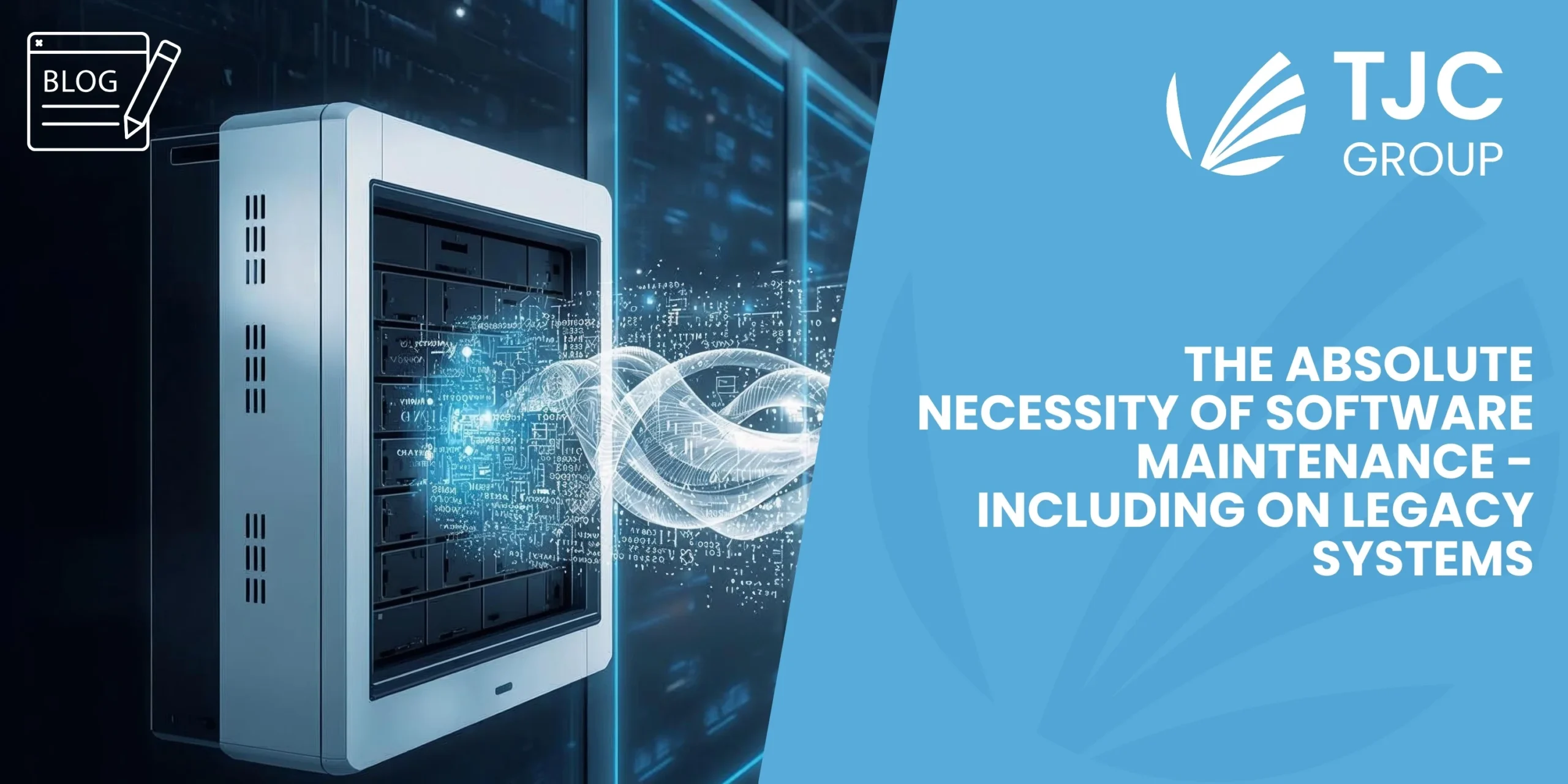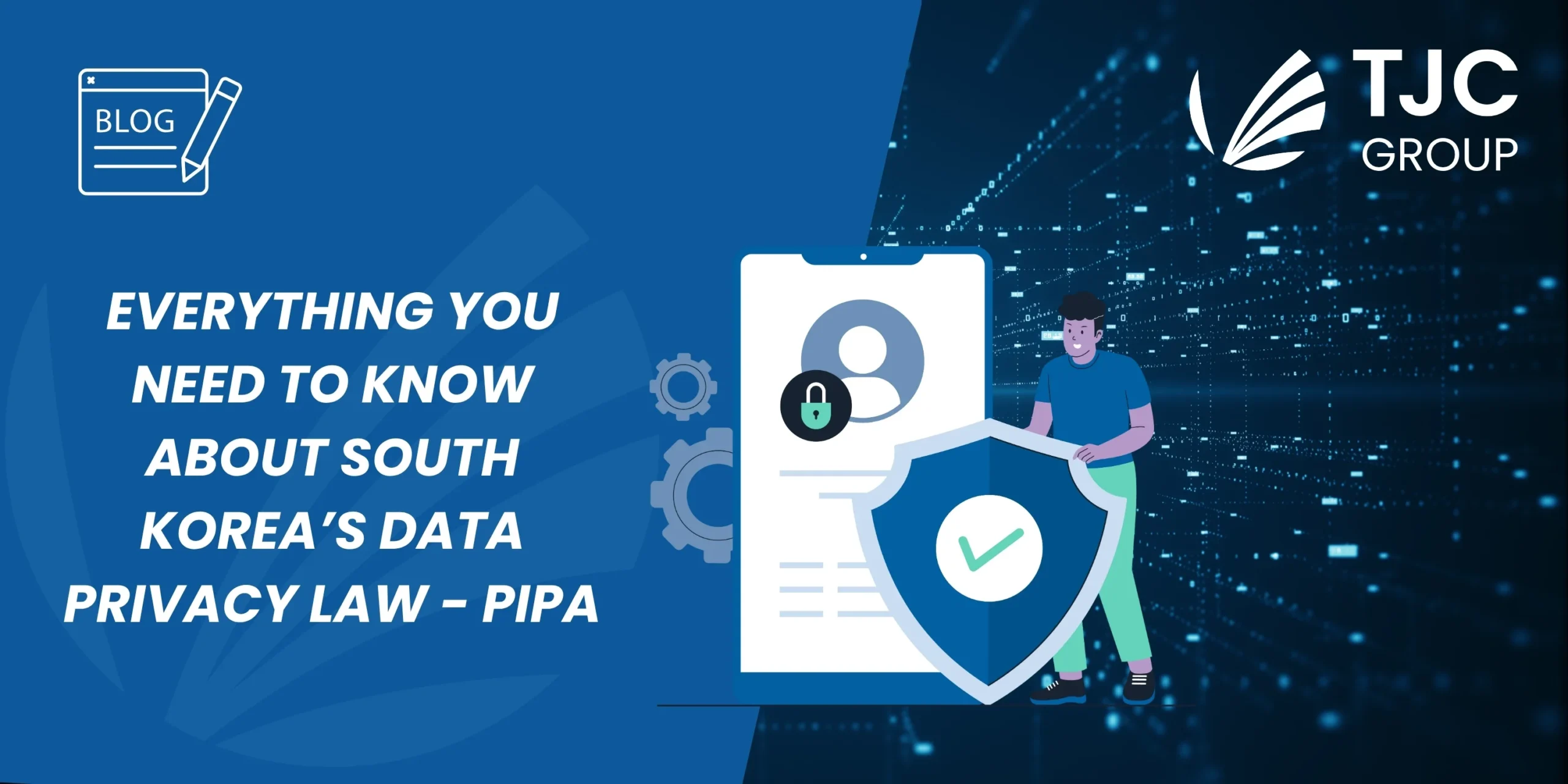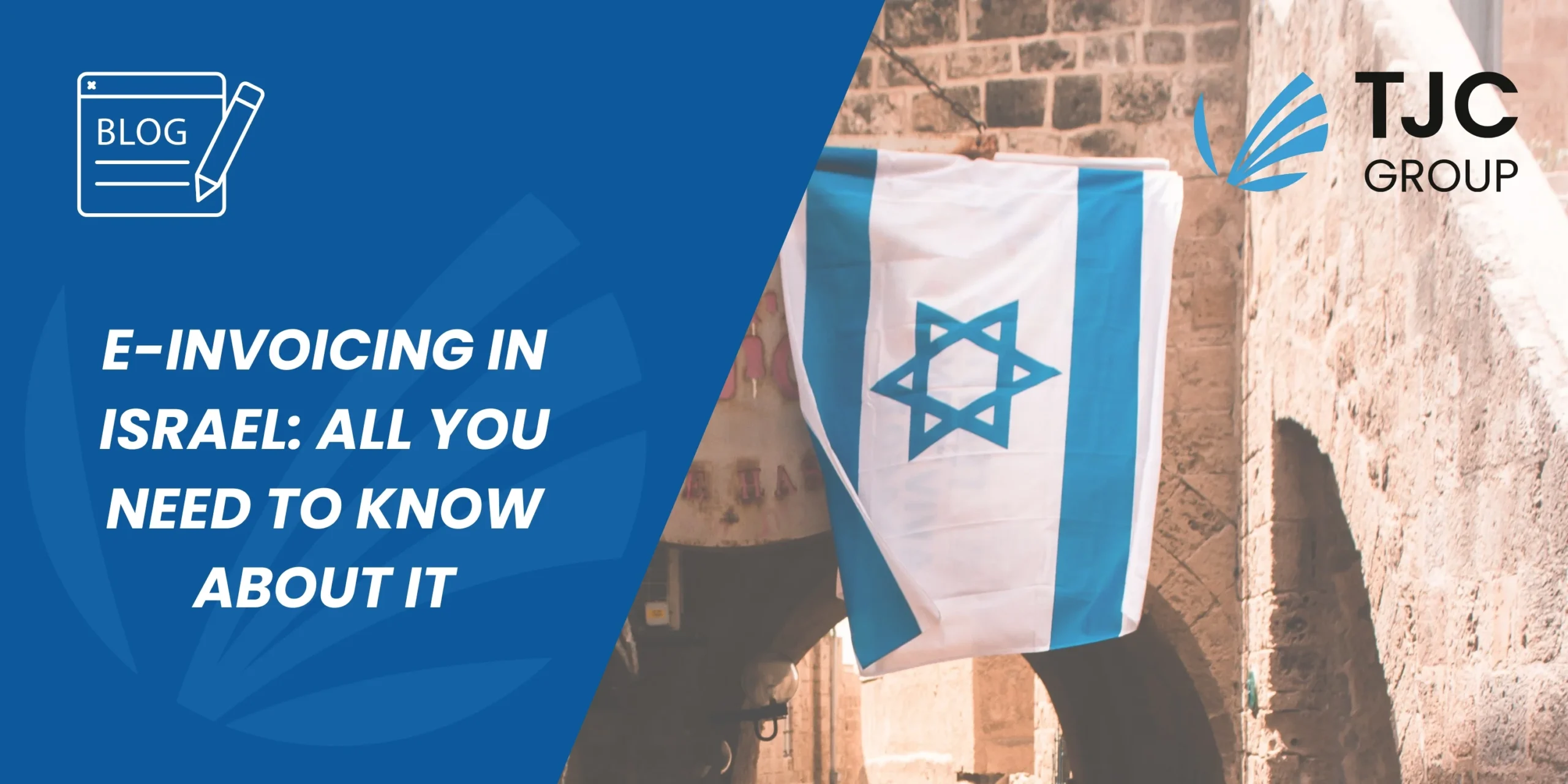Tuesday, 30th July 2024
In a welcoming move, the Inland Revenue Board of Malaysia (IRBM) recognised that taxpayers require sufficient time to comply with the legal requisites of e-invoices, especially when it comes to challenging and complex business environments. The board released a press announcement, which put forth a relaxation period in the first six months from the mandatory date of implementation of e-invoices in order to allow organisations to issue consolidated e-invoices for all their transactions.
Some of the key points to be noted are as follows –
- Allow all activities and industries to issue consolidated electronic invoices that also include self-billed e-invoices.
- Enable transaction description to be entered in the field – Product or Service Description.
- If the buyer requests an e-invoice, the seller is allowed to issue consolidated electronic invoices without issuing an e-invoice for each transaction.
Some more pointers to keep in mind
Apart from this, the Inland Revenue Board of Malaysia (IRBM) also put forth the following –
- There will be no prosecution action under Section 120 of the Income Tax Act for non-compliance with e-invoicing regulations during the six-month relaxation period. However, the condition is that the taxpayer must comply with the requirements of the consolidated e-invoices as stated above.
- The 6-month relaxation period aims to provide sufficient time for organisations and taxpayers to ensure that the entire e-invoicing landscape is implemented more effectively while covering all its aspects, such as system availability, smooth business operations, and more efficient and streamlined management in businesses.
Additional benefits
It is imperative to note that the revenue board has decided to recognise taxpayers or organisations that implement the requirements and whole e-invoicing process according to the set timeline without using the relaxation period of 6 months. For the same, a reduction in the capital allowance claim period from three years to two years will be given for ICT equipment and computer software package purchases, effective from 2024 to 2024 Year of Assessment (YA).
Taxpayers and organisations have welcomed this move as it recognises a broader connected ecosystem of service providers, businesses, ERPs, and so on. To stay updated on more news on e-invoicing in Malaysia and other countries, follow our blog and LinkedIn pages. For e-invoicing implementation requirements, contact our experts here!
FAQs
Q1. What is an e-invoice?
Answer:
An e-invoice is a digital record of transactional exchange between a supplier and a buyer, which is required by the authorities for validation and recordkeeping. The electronic invoice includes all the relevant details of an invoice along with a Unique Identification Number (UIN), which is generated by the government system after appropriate verification steps.
Q2. What transactions are covered under e-invoicing in Malaysia?
Answer:
Electronic invoicing in Malaysia covers transactions like Business to Business (B2B), Business to Government (B2G), and Business to Customer (B2C).
Q3. What does this extension mean for organisations operating in Malaysia?
Answer:
By this extension, the Malaysian government is planning to give sufficient time to businesses that are working in the country to comply with the legal requirements of e-invoicing. This 6-month relaxation period will help companies cover all aspects of the e-invoicing landscape, such as system availability, smooth operations, and more efficient and streamlined business management.
Q4. What transmission methods are available for sending e-invoices?
Answer:
The IRBM provides two transmission methods for e-invoices, namely:
- Using the MyInvois Portal provided by IRBM
- Application Programming Interface (API)
These two methods will help companies transmit their electronic invoices, which will ensure that there is no duplication of transactional data.
Q5. Are all organisations required to issue e-invoices?
Answer:
Yes, every taxpayer conducting commercial activities in Malaysia is required to issue electronic invoices, as per the phased mandatory implementation timeline.
Q6. Can you edit the information in the MyInvois Portal once it’s validated?
Answer:
No, once the invoice is validated, the supplier must cancel the invoice within 72 hours and issue a new invoice for any changes. Moreover, the changes made after 72 hours require the issuing of a new invoice to adjust the original invoice.
Q7. What are the penalties for non-compliance with issuing an e-invoice?
Answer:
Failing to issue an e-invoice is considered an offence under section 120 (1)(d) of the Income Tax Act 1967. Furthermore, the penalty for non-compliance includes a fine, which ranges from RM200 to RM20,000, or imprisonment of up to 6 months, or both, for each instance of non-compliance.










